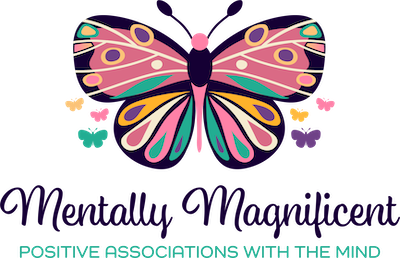Human connections are essential to our well-being. Strong relationships can uplift us, provide support, and enhance our overall mental health. However, not all connections are beneficial. Some relationships can be draining, toxic, or even harmful to our mental and emotional state. Distinguishing between the two is crucial for maintaining a balanced and healthy life.
When Connections Help
Healthy relationships offer a sense of belonging and emotional security. Whether it’s a friend who listens without judgment, a mentor who guides you, or a loved one who encourages you during tough times, positive connections contribute to improved mental health by reducing stress and boosting self-esteem.
When Connections Hurt
Some relationships can take a toll on your mental health. Negative connections may be characterized by toxicity, one-sided effort, encouraging unhealthy behaviors, and inducing stress and anxiety.
Evaluating Your Connections
To maintain mental well-being, take time to assess your relationships:
- How do I feel after spending time with this person?
- Do they uplift and support me, or do I feel drained and unappreciated?
- Is this relationship mutually beneficial or is it one-sided?
- Do they respect my boundaries and well-being?
Taking Action
If you identify harmful relationships, consider setting boundaries, having open conversations, or, in some cases, distancing yourself for the sake of your mental health. On the other hand, invest in nurturing the relationships that bring positivity and support into your life.









